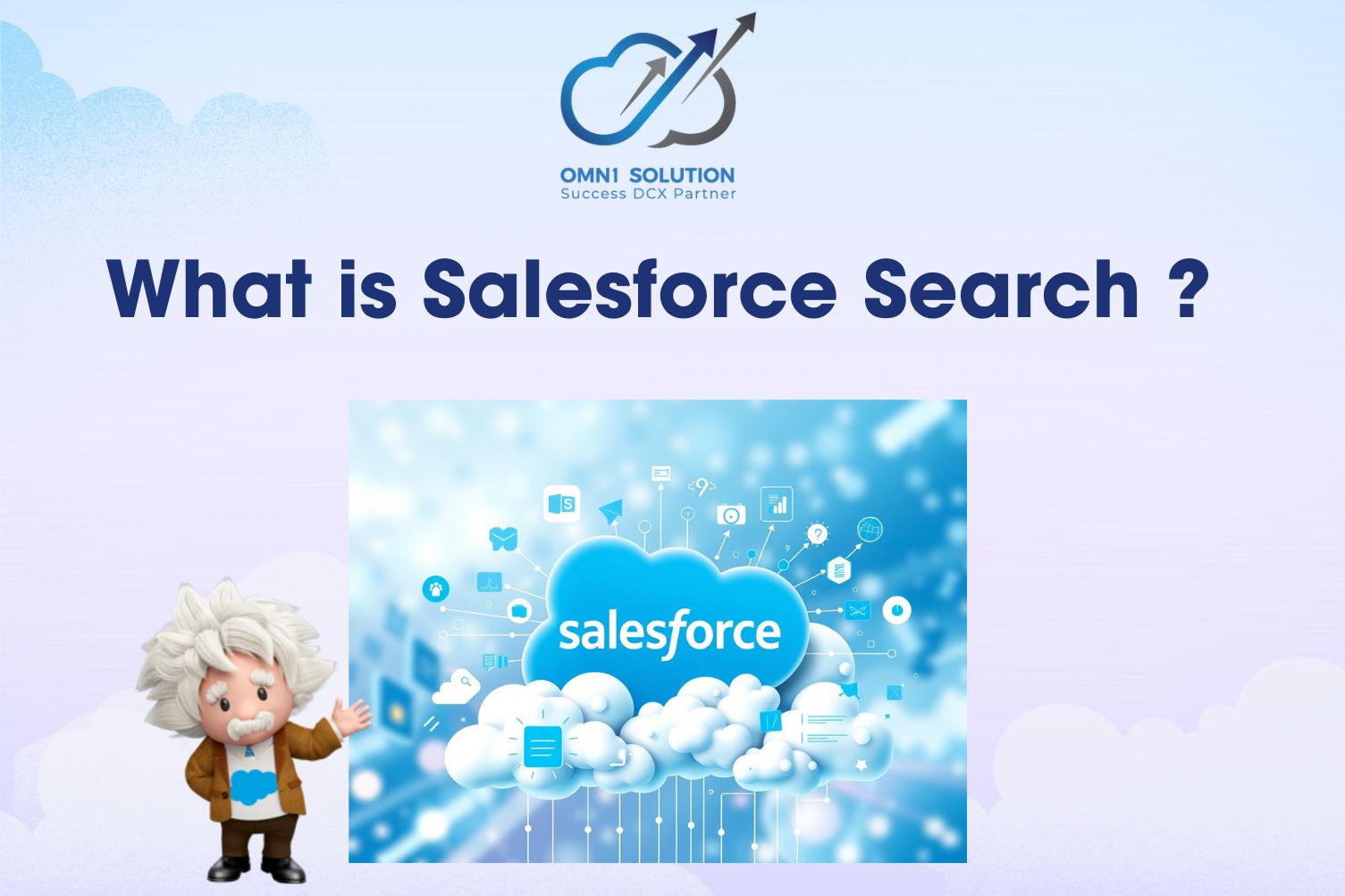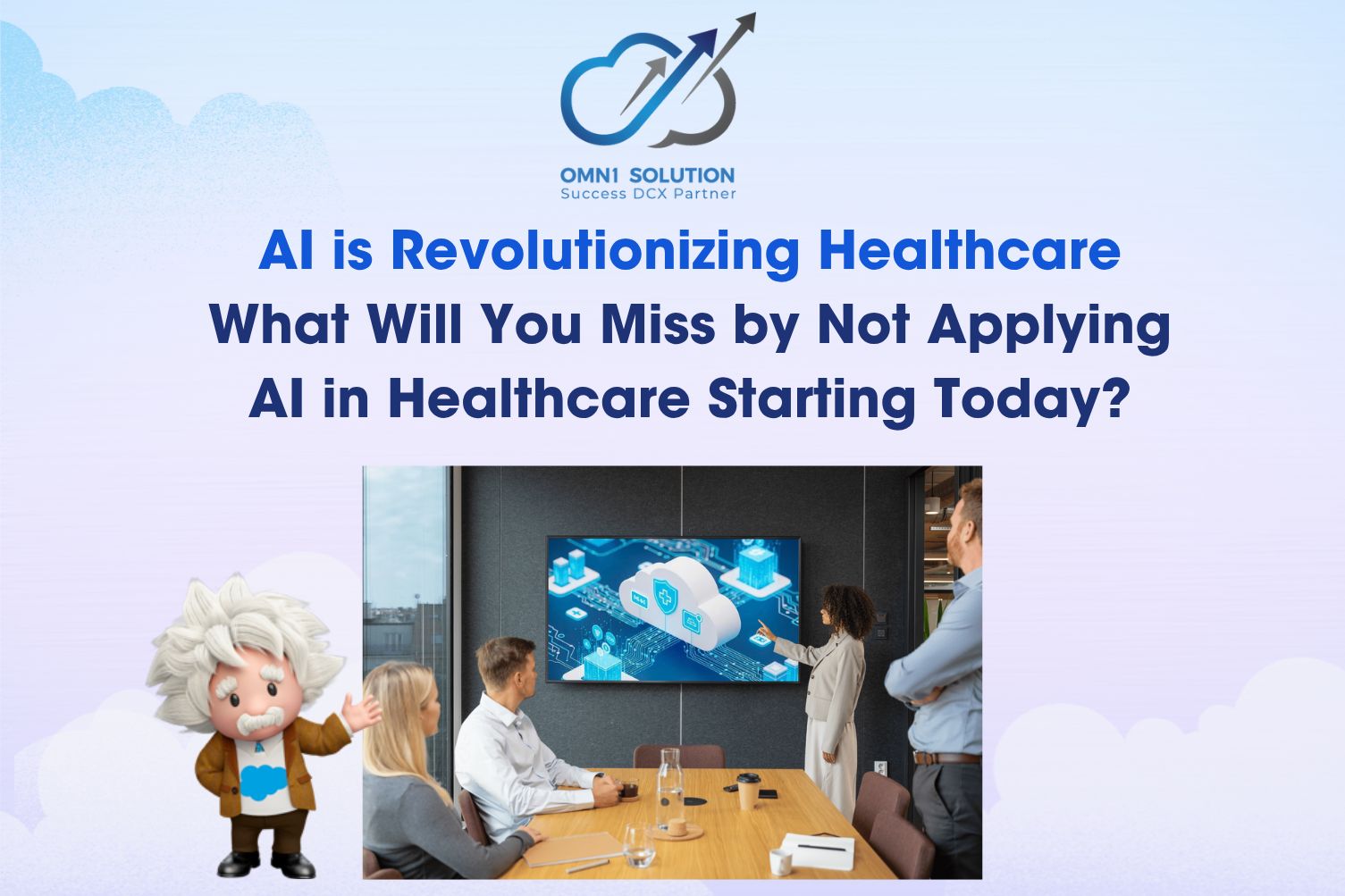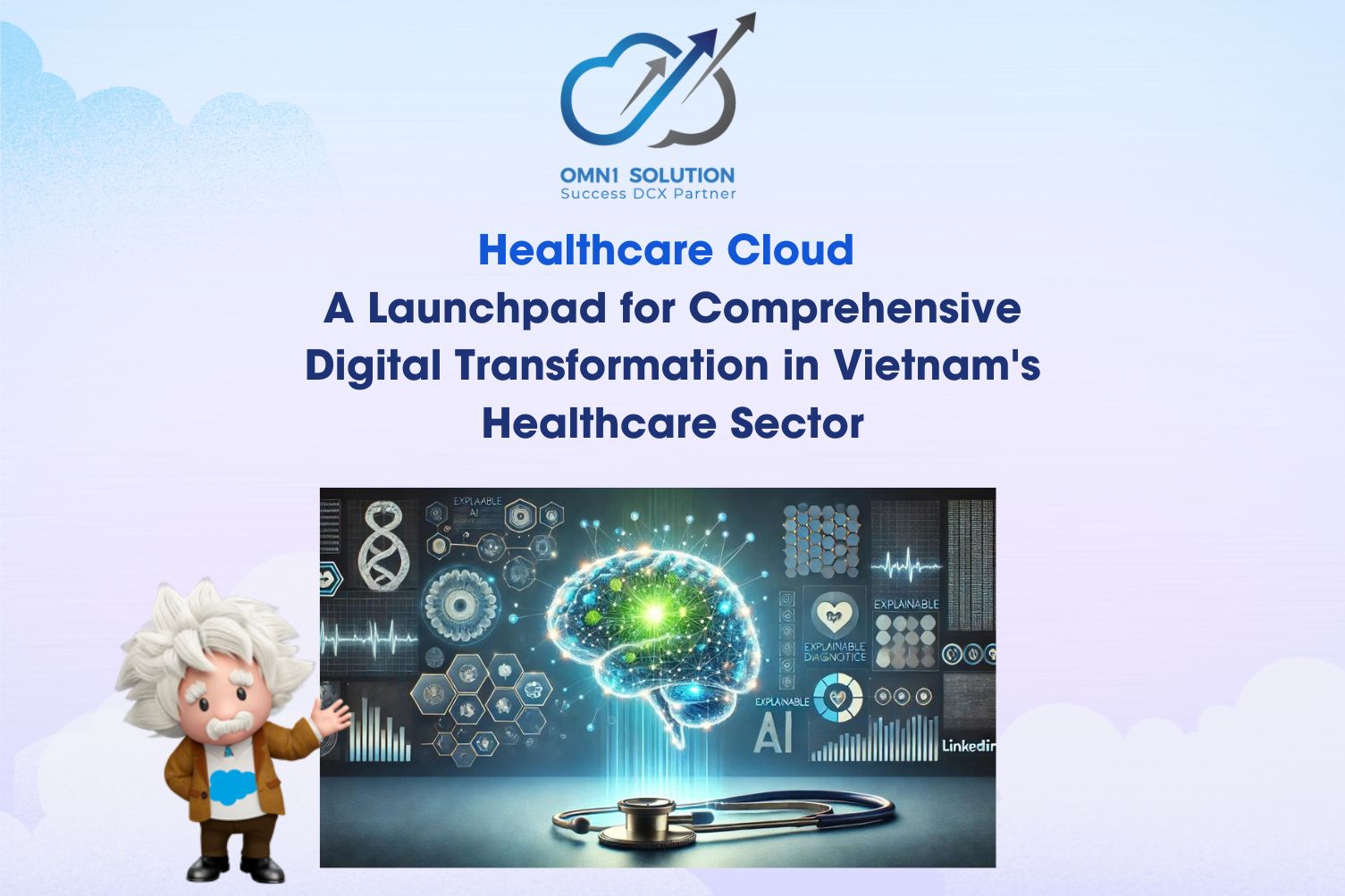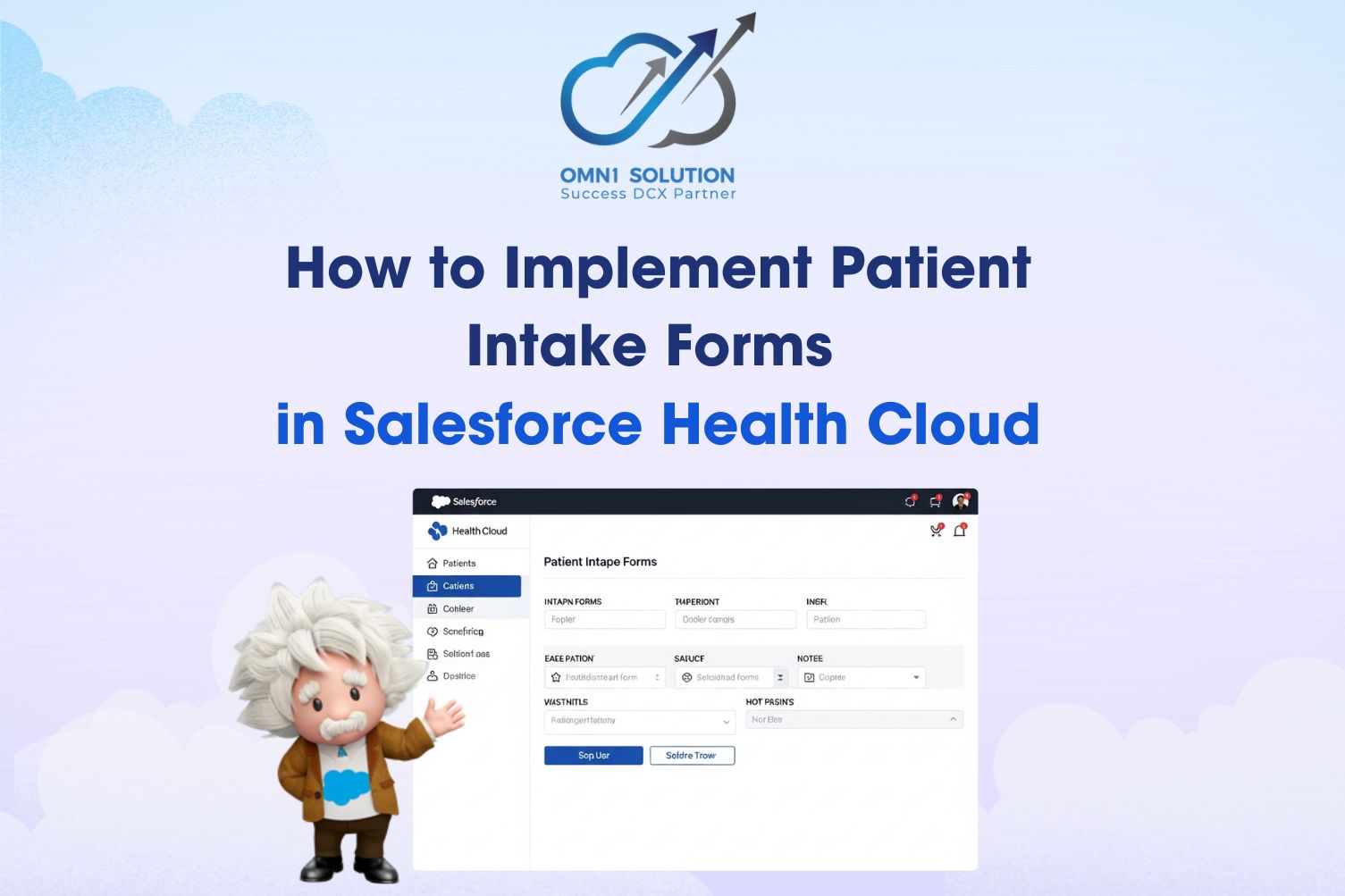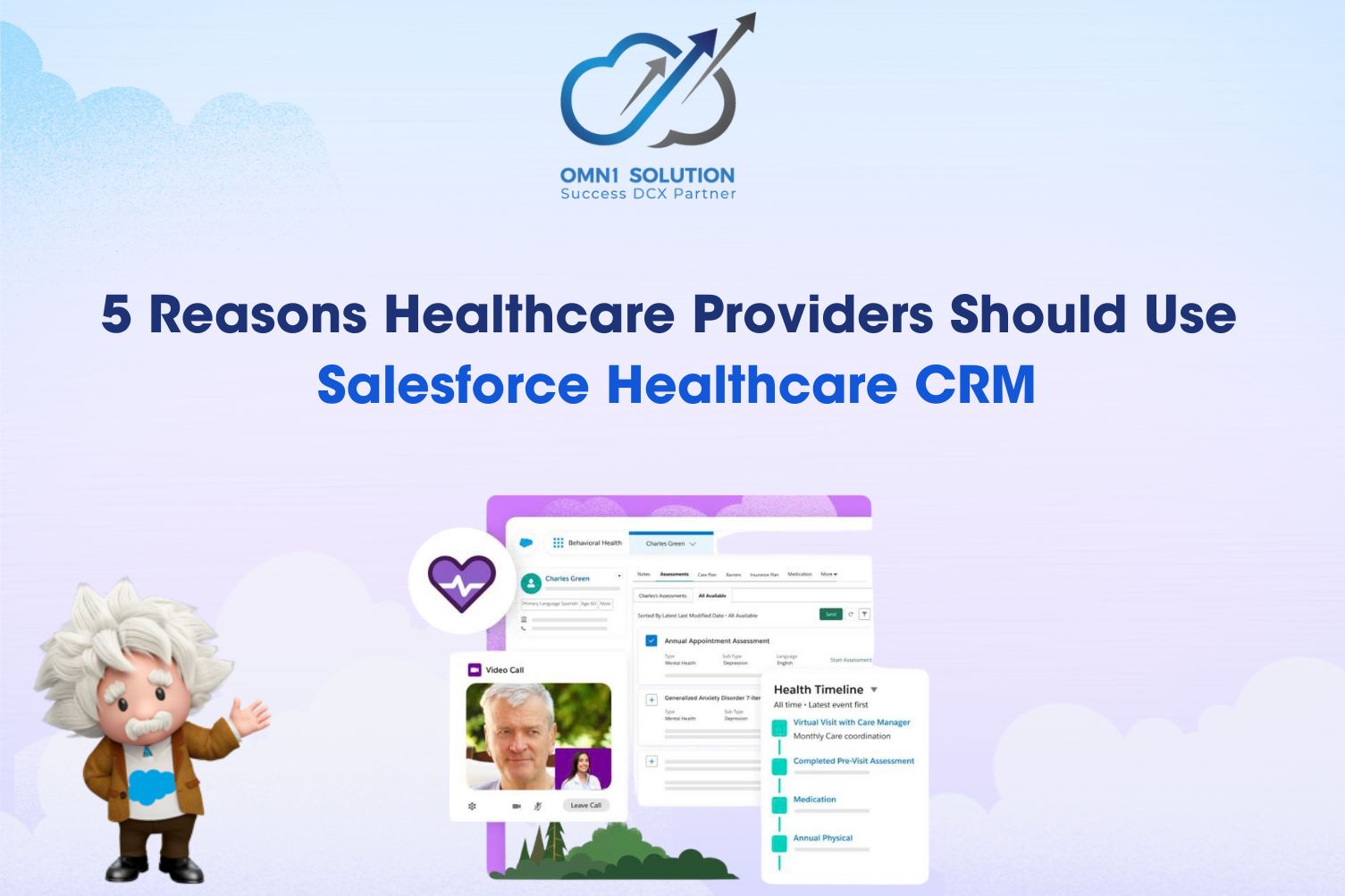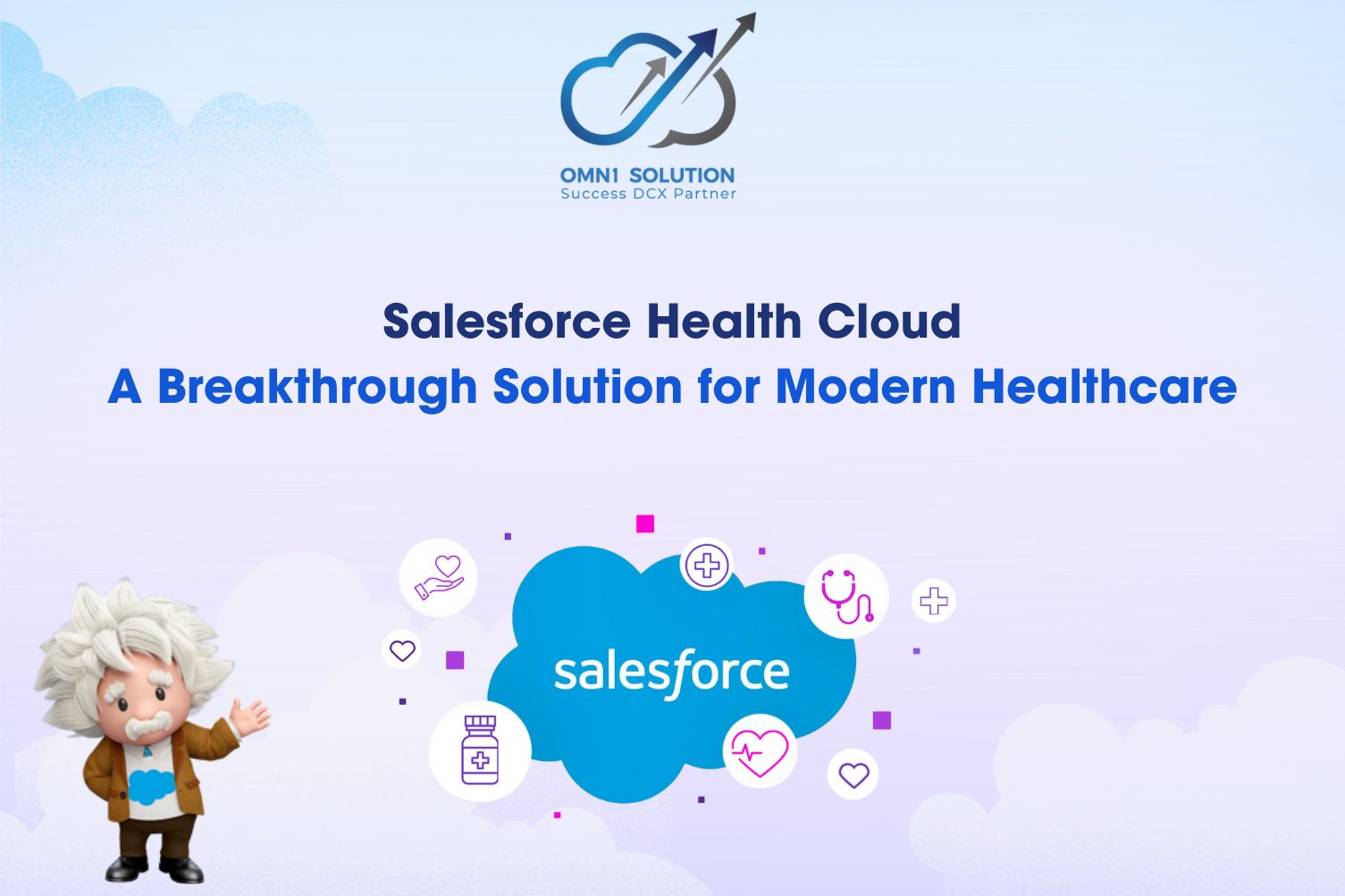AI and AGI are no longer technologies of the distant future. They are progressively reshaping modern medicine—from diagnosis and treatment to research and mental healthcare. Are you ready to embrace this medical revolution?
1. What are AI and AGI?
- AI (Artificial Intelligence) is technology that enables machines to perform tasks requiring human-like intelligence, such as analysis, recognition, and prediction.
- AGI (Artificial General Intelligence) is a more advanced level of development with the ability to think, learn, and understand like humans across various situations.
If AI is currently a powerful support tool in healthcare, AGI represents a future capable of creating "virtual doctors" who are both empathetic and omnipotent.
2. Practical Applications of AI in Healthcare
AI is no longer theoretical. It is saving millions of lives through the following applications:
- Supporting Diagnostic Imaging: AI analyzes X-rays, CT scans, and MRIs quickly and accurately, helping doctors detect abnormalities promptly.
- Early Disease Prediction: Combines data from health records, wearable devices, and genetics to detect disease risks early on.
- Personalizing Treatment: AI helps create individualized treatment plans for each patient based on their history, lifestyle, and genetics.
- Automating Medical Administration: Reduces the burden of paperwork, optimizing time for doctors and nurses.
3. AGI – The "Virtual Doctor" of the Near Future?
AGI will not only diagnose but also possess the ability to understand emotions, think independently, and accompany patients.
Imagine: you have a virtual doctor who never gets tired, is always ready to provide health advice, remind you to take medication, suggest appropriate treatments – and even offer comfort when you need it.
Furthermore, AGI could also:
- Analyze millions of medical documents, accelerating the discovery of new drugs.
- Suggest optimal treatment protocols based on global data.
- Enhance the connection between doctors, patients, and technology.
4. Challenges & Conditions for Sustainable AI/AGI Development
The rapid development of AI & AGI comes with many questions that need addressing:
- How can patient privacy be protected?
- Are AI algorithms biased or flawed?
- Are doctors willing to learn how to work with AI?
- Who will supervise and establish an appropriate legal framework?
The answers are not simple but must be clarified for technology to develop responsibly and ethically.
Conclusion
AI and AGI are not just supporting—they are rebuilding the entire healthcare system. From small clinics to large hospitals, from urban to remote areas, AI promises to deliver faster, more accurate, and more personalized healthcare services than ever before.
👉 Don't wait until AGI becomes the standard. Be a pioneer—learn, apply, and lead the AI trend in healthcare today.

